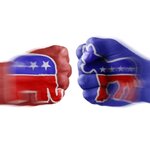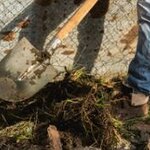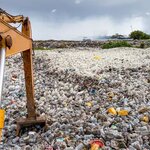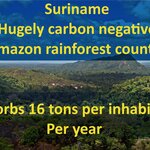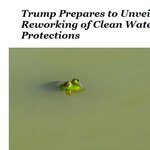
During the George W. Bush administration, American furniture makers had a crippling disadvantage. While American timber was tightly regulated, foreign supplies had no limitations on where their wood originated from, and could engage in destructive practices and undercut U.S. companies.
President Bush solved that by modernizing the Lacey Act, which was the conservation brainchild of Republicans a century earlier and had been modified a few times since. Under the new law, if a supplier could not show a legitimate trail of legal acquisition, it simply could not come into the U.S. …
